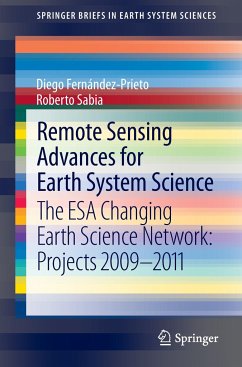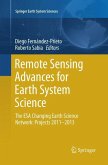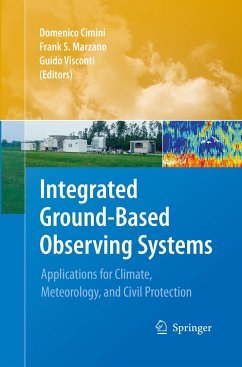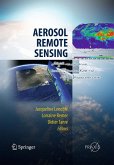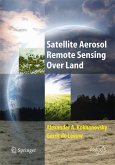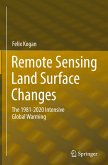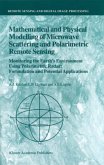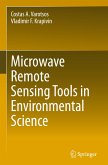To better understand the various processes and interactions that govern the Earth system and to determine whether recent human-induced changes could ultimately de-stabilise its dynamics, both natural system variability and the consequences of human activities have to be observed and quantified.In this context, the European Space Agency (ESA) published in 2006 the document "The Changing Earth: New Scientific Challenges for ESA's Living Planet Programme" as the main driver of ESA's new Earth Observation (EO) science strategy. The document outlines 25 major scientific challenges covering all the different aspects of the Earth system, where EO technology and ESA missions may provide a key contribution.In this framework, and aiming at enhancing the ESA scientific support towards the achievement of "The Challenges", the Agency has launched in 2008 a new initiative - the Changing Earth Science Network - to support young scientists to undertake leading-edge research activities contributing to achieve the 25 scientific challenges of the LPP by maximising the use of ESA data.The initiative is implemented through a number of research projects proposed and led by early-stage scientists at post-doctoral level for a period of two years which are summarized in this SpringerBrief. These projects undertake innovative research activities furthering into the most pressing issues of the Earth system, while exploiting ESA missions data with special attention to the ESA data archives and the new Earth Explorer missions.
Bitte wählen Sie Ihr Anliegen aus.
Rechnungen
Retourenschein anfordern
Bestellstatus
Storno

